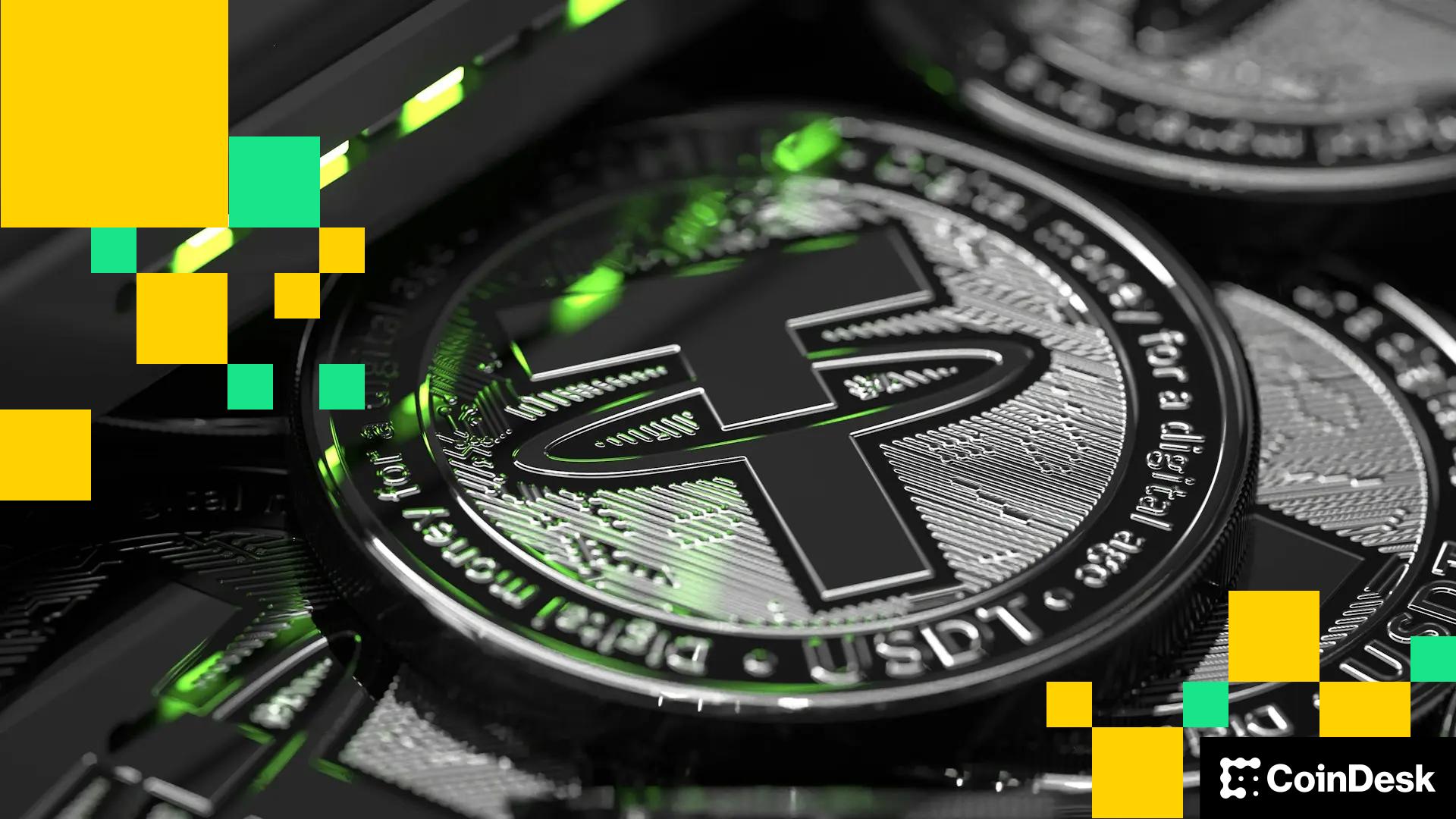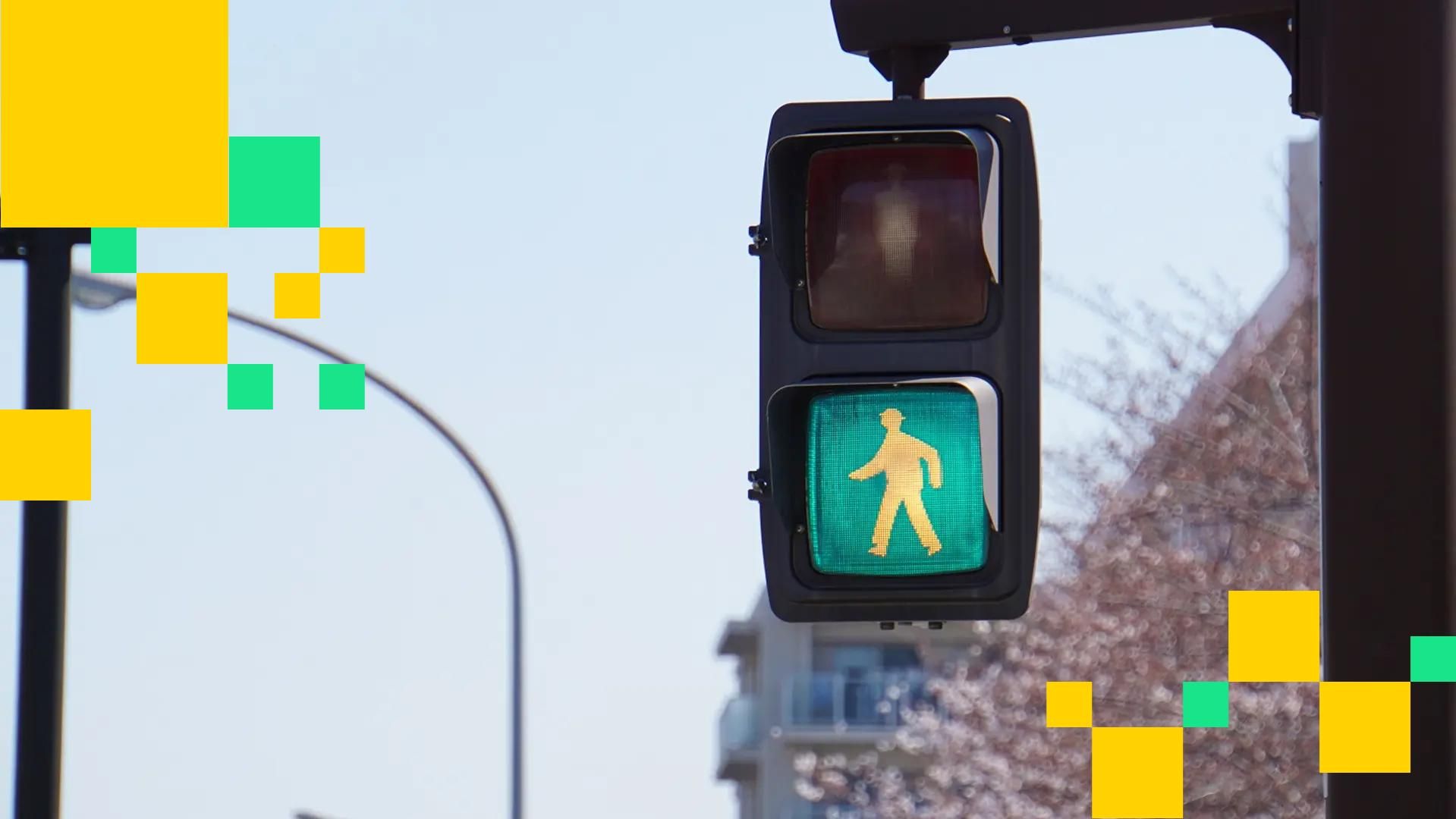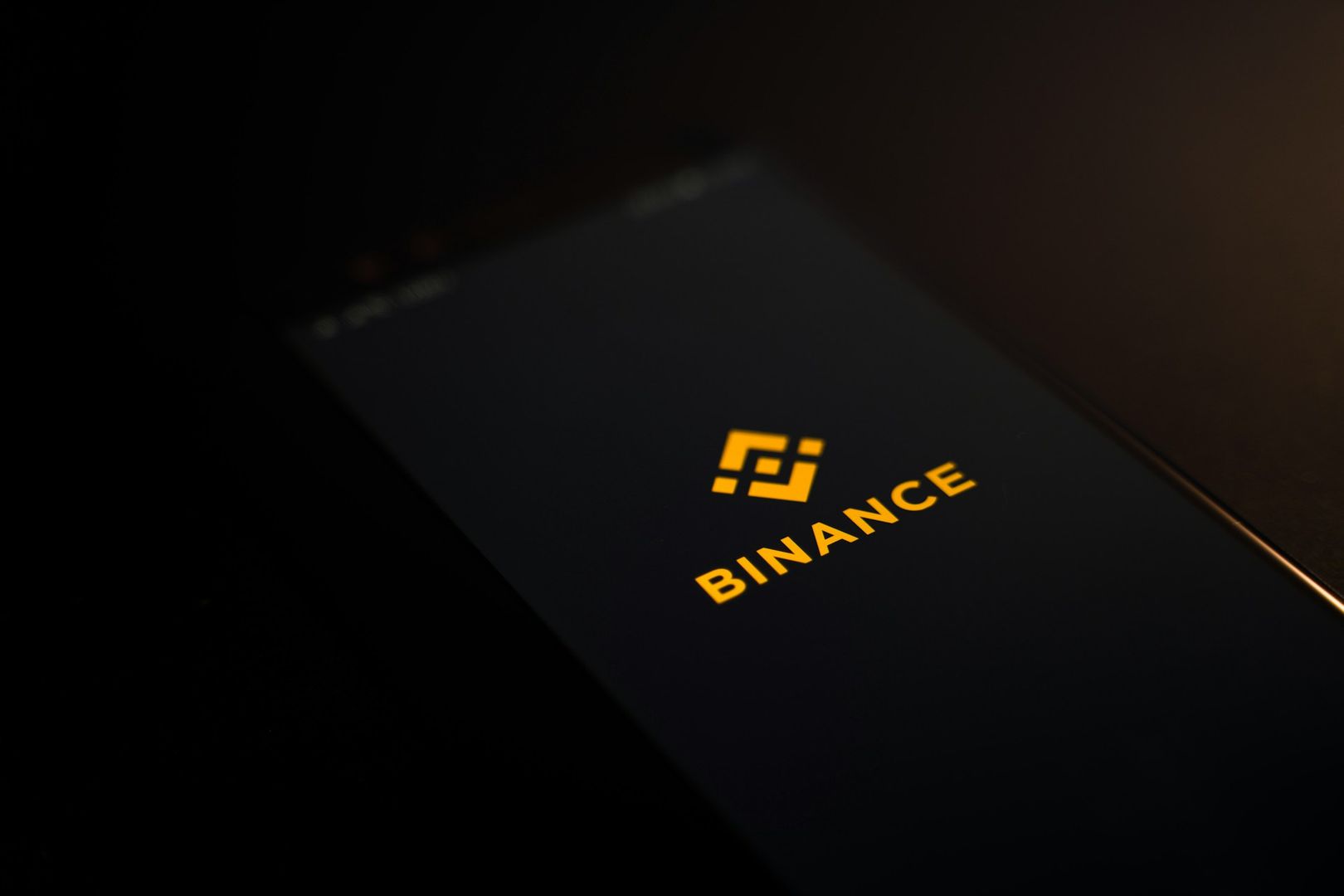Solana’s (SOL) upcoming protocol changes have the potential to significantly impact its economic model, with estimated annual reductions in selling pressure ranging from $677 million to $1.1 billion. However, these changes may also bring forth new decentralization challenges, as outlined by Matthew Sigel, the head of digital assets research at VanEck. The transformation of the network's fee distribution and staking participation adjustment mechanisms are primarily driven by two key Solana Improvement Documents (SIMDs), namely SIMD 096 and SIMD 0228.
Recently, Solana implemented SIMD 096 on Feb. 12, which altered its fee burn mechanism. Previously, half of the priority fees were burned, while the rest was shared between validators and stakers. The new system now directs all priority fees to validators, boosting their revenue and discouraging off-chain trading agreements. This adjustment aims to strengthen on-chain execution and align transaction processing incentives more closely with network security.
Another proposed change, SIMD 0123, seeks to mandate validators to distribute priority fees to stakers based on a verifiable commission rate. Presently, priority fees (representing 40% of all Solana transaction fees) are not explicitly required to be distributed to stakers. If SIMD 0123 is approved, validator earnings would transition to a more structured distribution model, potentially increasing rewards for stakers at the expense of validator profitability.
The implementation of SIMD 096, despite its intended benefits for validators, resulted in a 30% increase in Solana’s annual inflation rate shortly after going live. On the other hand, SIMD 0228 introduces a dynamic adjustment to Solana’s inflation rate based on staking participation, aiming to reduce dilution and selling pressure from stakers who view staking rewards as income.
The proposal suggests that inflation would decrease as staking participation rises, with inflation rates adjusting to 0.93% at 63% staking participation and further dropping to 0.87% at 65%. Conversely, a decline in staking participation to 50% would lead to an inflation increase to around 1.32%, maintaining a balance between token issuance and staking demand.
The vote on SIMD 0228 is set for epoch 753, starting on March 6. Despite the potential decrease in selling pressure, concerns have been raised regarding the impact on validator revenues. Estimates indicate that earnings for validators could plummet by up to 95%, posing sustainability challenges, especially for smaller validators. Discussions are ongoing about maintaining network decentralization, with proposals to reduce voting costs to support a more diverse validator set.
The post also highlights the importance of finding the right balance between the number of validators for efficiency and potential risks of centralization. Market conditions and protocol adjustments will ultimately influence validator participation and network health. The changes proposed for Solana aim to reduce staking rewards while enhancing long-term sustainability by lowering inflation, thereby supporting SOL’s value and network stability. Solana remains committed to experimenting with various economic models to ensure a balanced approach to incentives and network well-being.

To watch the video about Solana’s proposal, click [here](solana_video_link).

maskad
I am a **software developer** specializing in **PHP and JavaScript**, with a strong focus on **web development, automation, and eCommerce solutions**. My expertise lies in building **scalable, efficient, and interactive applications**, integrating advanced technologies to enhance user experience.
I have developed **online banking platforms, courier tracking systems, invoice generators, Chrome extensions, and AI-powered product listing automation**. My work involves **web scraping, email handling, SMS notifications, and AI-driven chatbots**, ensuring seamless automation and intelligent interactions.
I prefer using **PHP and JavaScript for automation and scraping tasks** in live environments but leverage **Python** for local tasks due to its flexibility and fewer restrictions. I have successfully integrated **third-party payment gateways** like **PayPal, Paystack, and NOWPayments**, as well as AI services like **OpenAI's API**.
Beyond development, I also run **Allshop.ng**, an **eCommerce platform**, further expanding my expertise in online business solutions. My projects emphasize **security, responsiveness, and user-friendly interfaces**, ensuring a smooth and engaging experience for all users.
Would you like a version tailored for a portfolio, resume, or professional bio? 🚀

 Like
0
Like
0
 Dislike
0
Dislike
0
 Love
0
Love
0
 Funny
0
Funny
0
 Angry
0
Angry
0
 Sad
0
Sad
0
 Wow
0
Wow
0





























